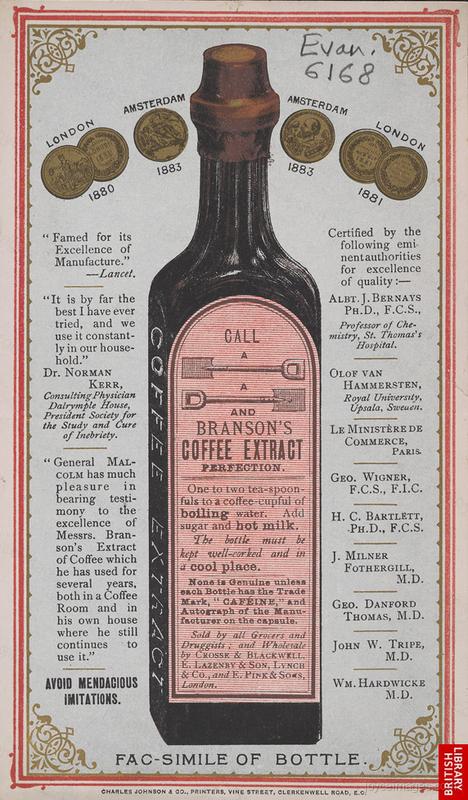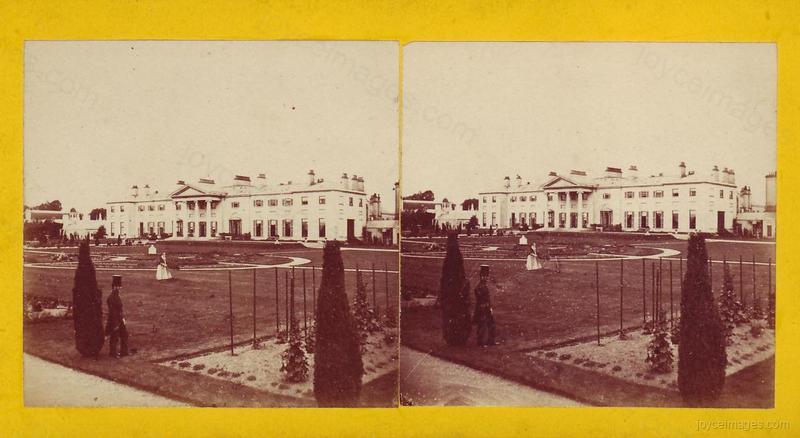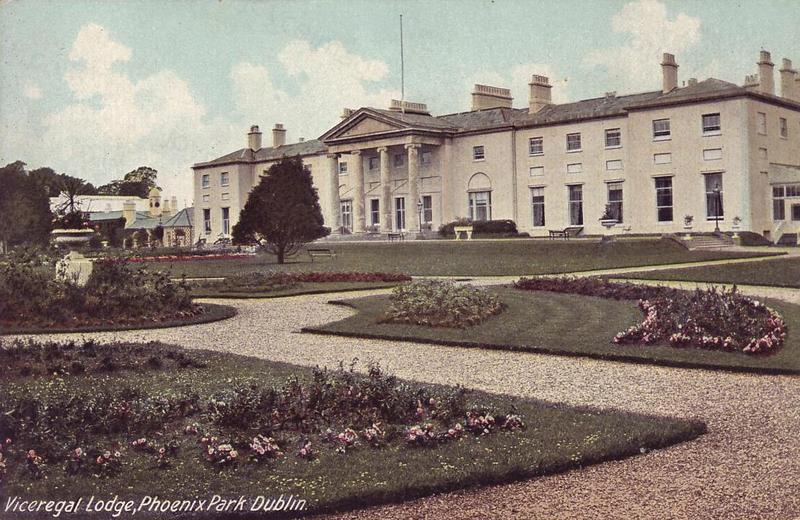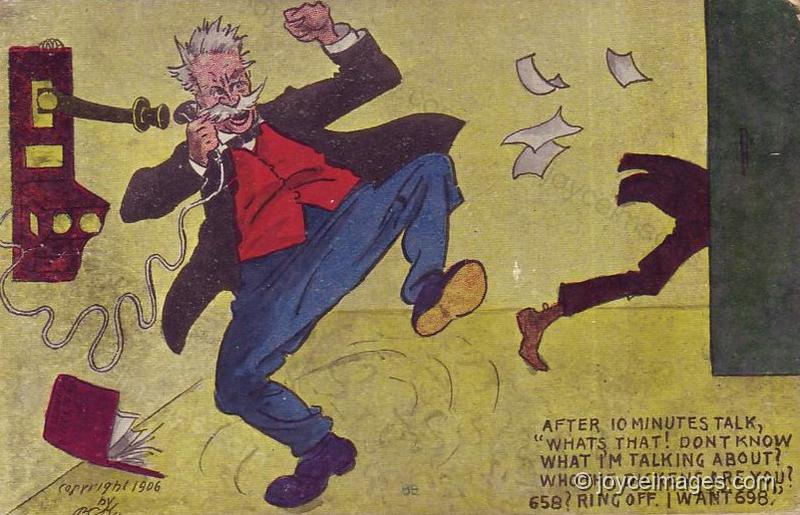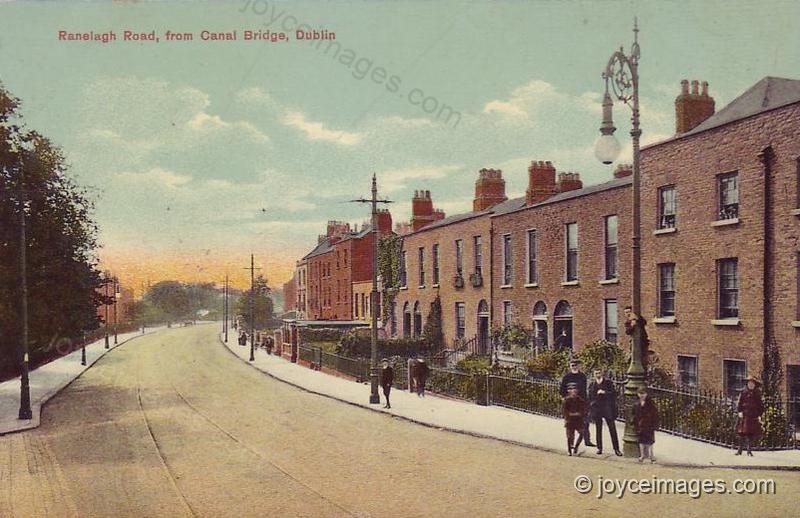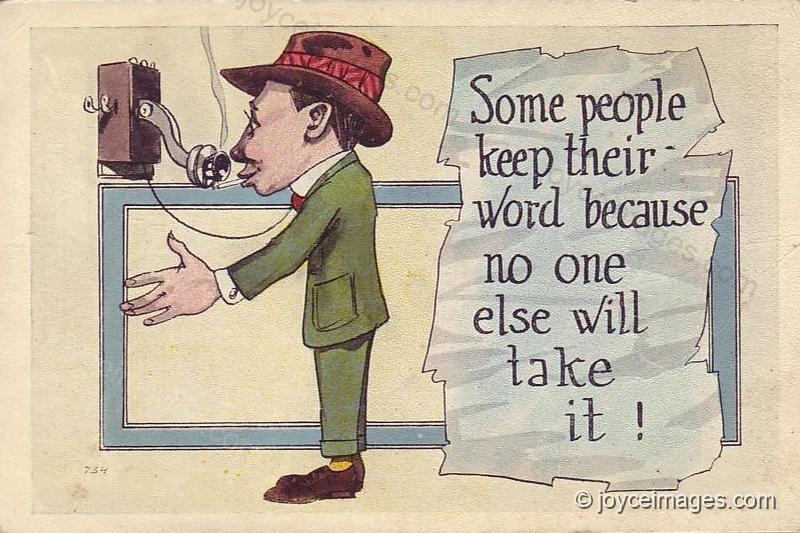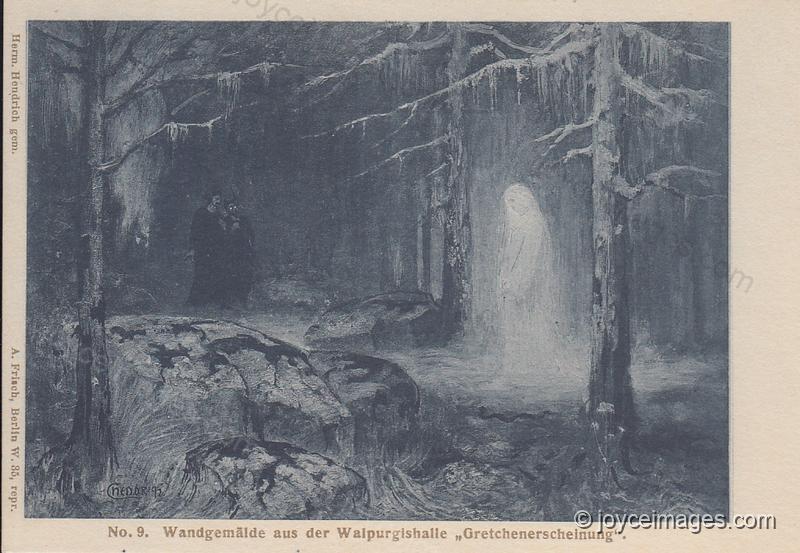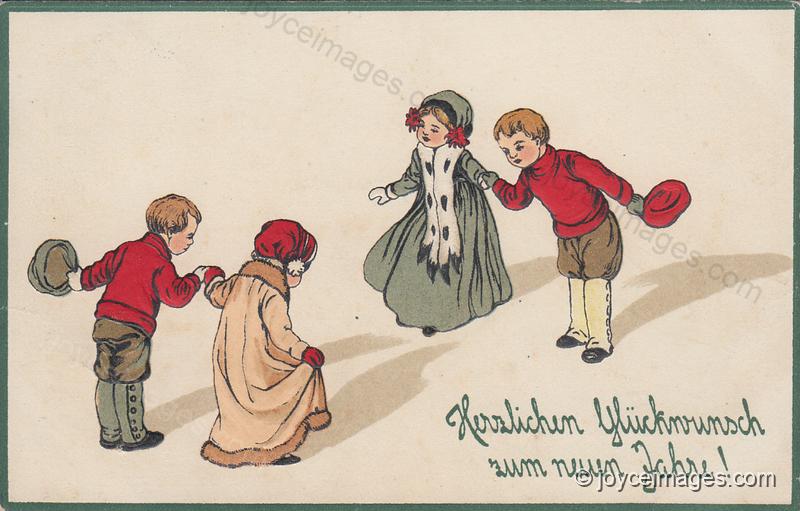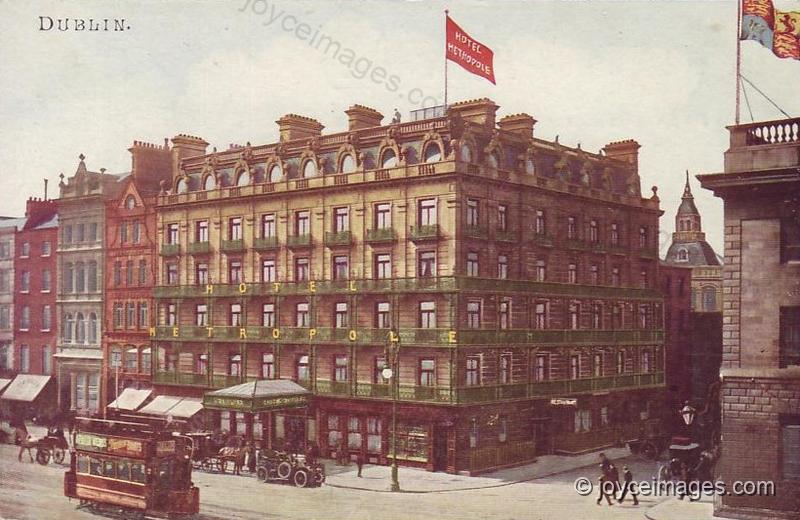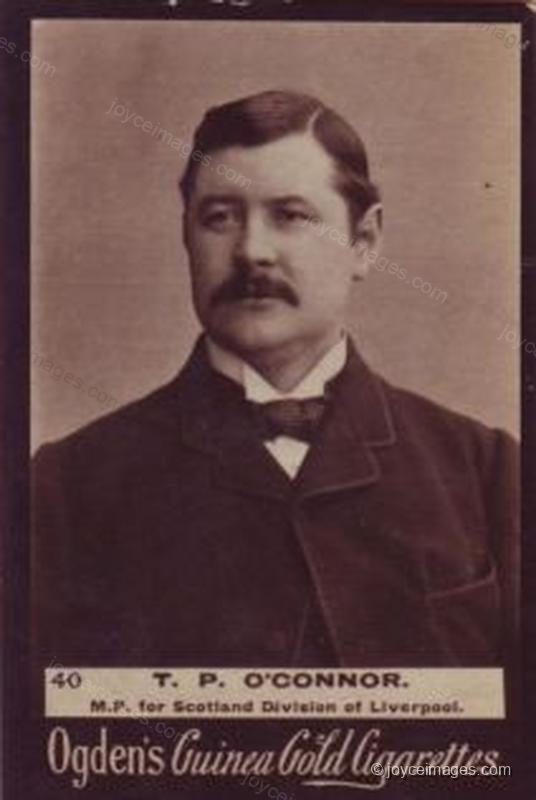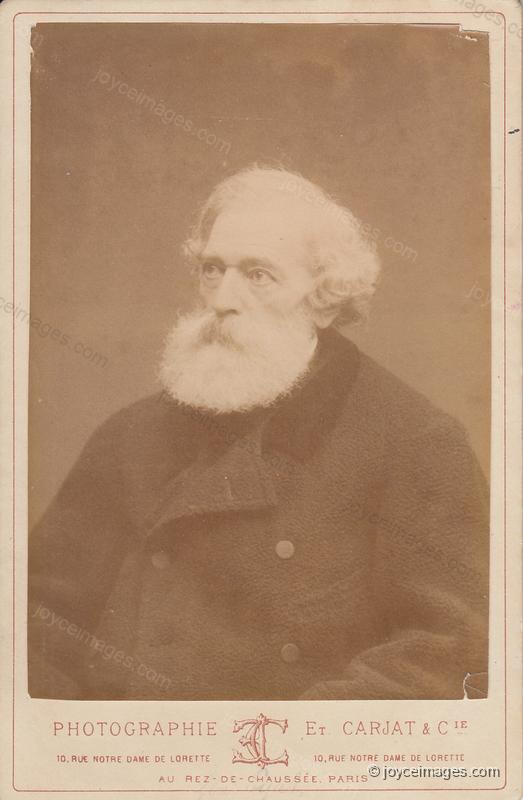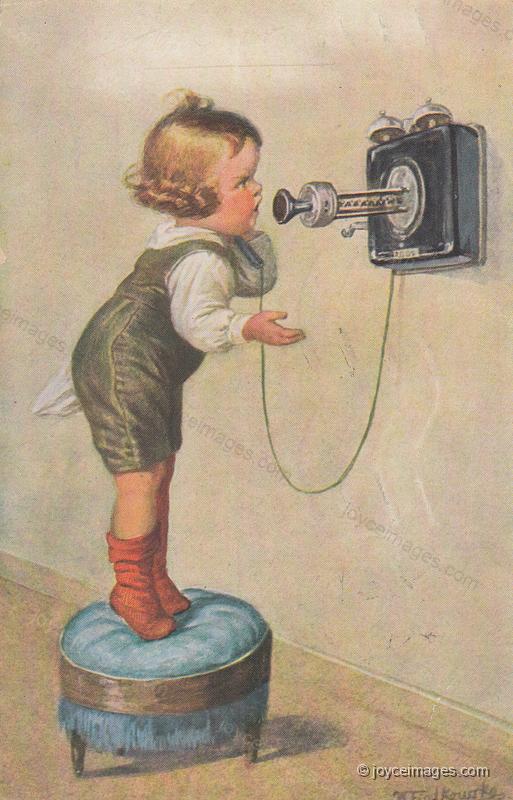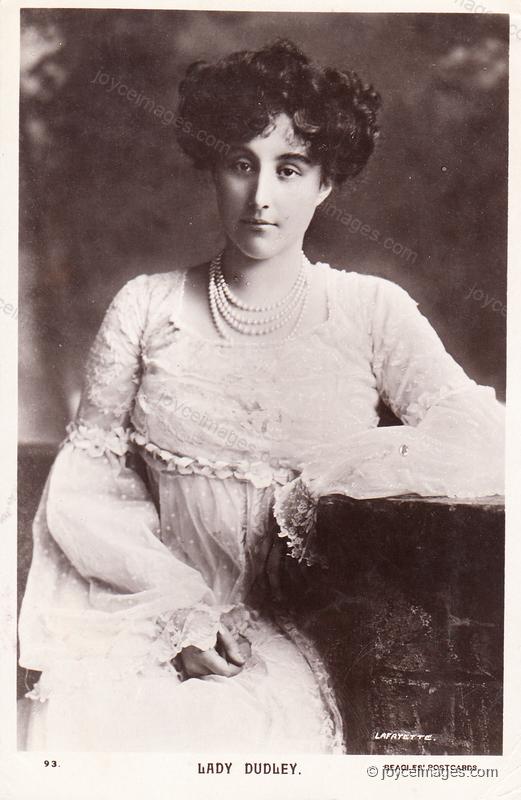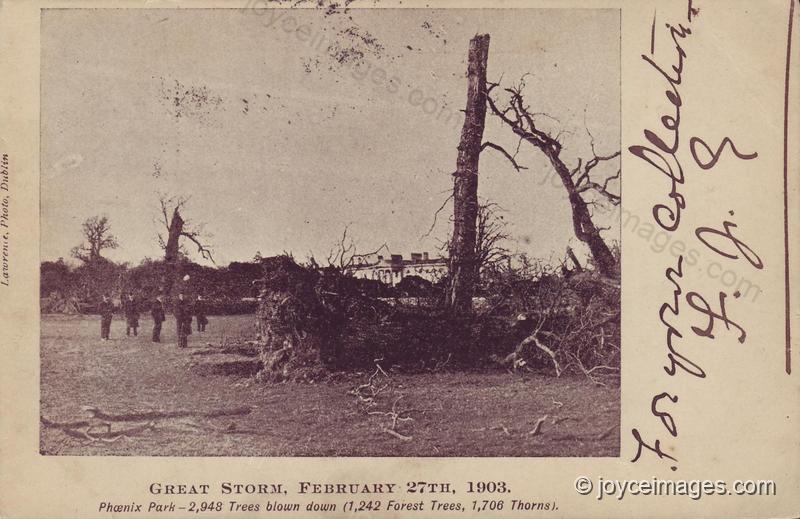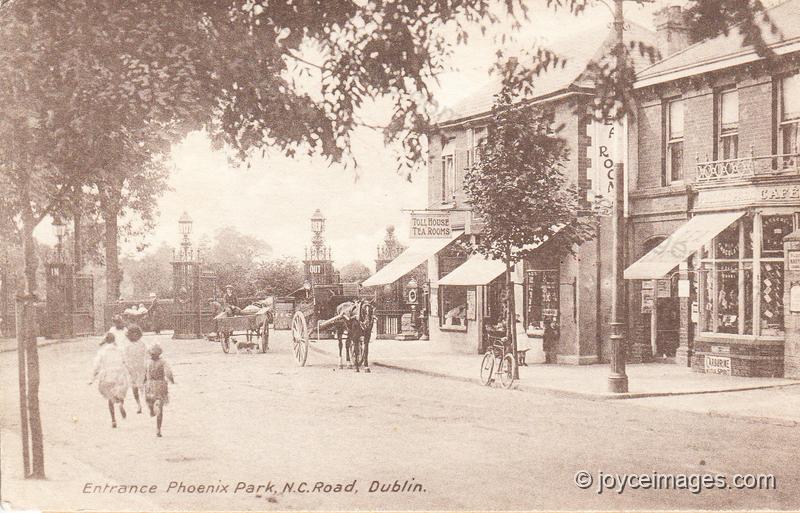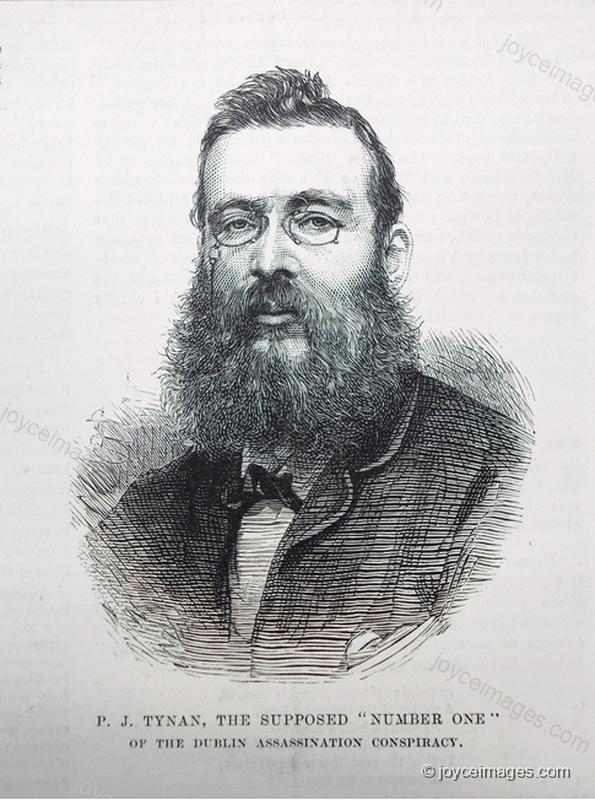"- Take page four, advertisement for Bransome's coffee let us say. Have you got that? Right.
The telephone whirred.
A DISTANT VOICE
- I'll answer it, the professor said going.
- B is parkgate. Good.
His finger leaped and struck point after point, vibrating.
- T is viceregal lodge. C is where murder took place. K is Knockmaroon gate." (U7.654)
The coffee was Branson's, as discovered by Harald Beck.
This ad suggested by Eamonn Finn. Image Evan 6168 Copyright British Library Board. All Rights Reserved.
The telephone whirred.
A DISTANT VOICE
- I'll answer it, the professor said going.
- B is parkgate. Good.
His finger leaped and struck point after point, vibrating.
- T is viceregal lodge. C is where murder took place. K is Knockmaroon gate." (U7.654)
The coffee was Branson's, as discovered by Harald Beck.
This ad suggested by Eamonn Finn. Image Evan 6168 Copyright British Library Board. All Rights Reserved.
The Viceregal Lodge, located in Phoenix Park, was designed by park ranger and amateur architect Nathaniel Clements in the mid 18c.; later, architect Francis Johnson (who designed the GPO) added the porticoes. The lodge was bought by the administration of the British Lord Lieutenant of Ireland (= Viceroy) in the 1780s.
The Viceregal Lodge became, from the 1820s onwards, the 'out of season' residence of the Lord Lieutenant, where he lived for most of the year. During the 'social season' (January to St. Patrick's Day in March) the Viceroy lived 'in state', in the Viceregal Apartments in Dublin Castle.
"The loose flesh of his neck shook like a cock's wattles. An illstarched dicky jutted up and with a rude gesture he thrust it back into his waistcoat.
- Hello? Evening Telegraph here. Hello...? Who's there...? Yes... Yes... Yes." (U7.663)
- Hello? Evening Telegraph here. Hello...? Who's there...? Yes... Yes... Yes." (U7.663)
"- F to P is the route Skin-the-Goat drove the car for an alibi. Inchicore, Roundtown, Windy Arbour, Palmerston Park, Ranelagh. F.A.B.P. Got that? X is Davy's publichouse in upper Leeson street." (U7.667)
"The professor came to the inner door.
- Bloom is at the telephone, he said.
- Tell him go to hell, the editor said promptly. X is Burke's publichouse, see?
CLEVER, VERY
- Clever, Lenehan said. Very.
- Gave it to them on a hot plate, Myles Crawford said, the whole bloody history." (U7.670)
- Bloom is at the telephone, he said.
- Tell him go to hell, the editor said promptly. X is Burke's publichouse, see?
CLEVER, VERY
- Clever, Lenehan said. Very.
- Gave it to them on a hot plate, Myles Crawford said, the whole bloody history." (U7.670)
"Nightmare from which you will never awake.
— I saw it, the editor said proudly. I was present. Dick Adams, the besthearted bloody Corkman the Lord ever put the breath of life in, and myself." (U7.678)
— I saw it, the editor said proudly. I was present. Dick Adams, the besthearted bloody Corkman the Lord ever put the breath of life in, and myself." (U7.678)
"Lenehan bowed to a shape of air, announcing:
— Madam, I'm Adam. And Able was I ere I saw Elba." (U7.682)
— Madam, I'm Adam. And Able was I ere I saw Elba." (U7.682)
"- History! Myles Crawford cried. The Old Woman of Prince's street was there first. There was weeping and gnashing of teeth over that. Out of an advertisement. Gregor Grey made the design for it. That gave him the leg up." (U7.684)
This PC shows Prince street between the Hotel Metropole and the GPO. The Old Woman = The Freeman's Journal, located just behind the Metropole.
This PC shows Prince street between the Hotel Metropole and the GPO. The Old Woman = The Freeman's Journal, located just behind the Metropole.
"Then Paddy Hooper worked Tay Pay who took him on to the Star. Now he's got in with Blumenfeld." (U7.687)
Thomas Power O'Connor (1848 - 1929), known as T. P. O'Connor and fondly as Tay Pay, was a journalist, an Irish nationalist political figure, and a Member of Parliament for nearly fifty years. O'Connor founded and was the first editor of several newspapers and journals: the Star (1887), the Weekly Sun (1891), the Sun (1893), M.A.P. and T.P.'s Weekly (1902).
Thomas Power O'Connor (1848 - 1929), known as T. P. O'Connor and fondly as Tay Pay, was a journalist, an Irish nationalist political figure, and a Member of Parliament for nearly fifty years. O'Connor founded and was the first editor of several newspapers and journals: the Star (1887), the Weekly Sun (1891), the Sun (1893), M.A.P. and T.P.'s Weekly (1902).
"That's press. That's talent. Pyatt! He was all their daddies!
— The father of scare journalism, Lenehan confirmed, and the brother-in-law of Chris Callinan." (U7.688)
Félix Pyat (1810 - 1889) was a French Socialist politician and journalist. He was known for his virulent left wing writing and political activism, and outbursts against the authorities: he proposed a motion to abolish the presidential office; he joined the abortive radicalist attempt of June 13th 1849; he glorified regicide after Orsini's attempt against Napoleon III; he took part in the revolution of September 4th 1870 (demanding a republic). He published 'Le Combat' (suppressed in 1871) then the equally virulent 'Vengeur'. He repeatedly left France (for Belgium, Switzerland, or England) to avoid prosecution.
He was active in the Paris Commune (March-May 1871), directing acts of violence. He escaped the revenge of the Versailles government, and crossed the frontier in safety. He was condemned to death in absentia in 1873, but came back to Paris after the general amnesty of July 1880. He was elected deputy for Bouches-du-Rhone in 1888, took his seat on the extreme Left, but died the following year.
— The father of scare journalism, Lenehan confirmed, and the brother-in-law of Chris Callinan." (U7.688)
Félix Pyat (1810 - 1889) was a French Socialist politician and journalist. He was known for his virulent left wing writing and political activism, and outbursts against the authorities: he proposed a motion to abolish the presidential office; he joined the abortive radicalist attempt of June 13th 1849; he glorified regicide after Orsini's attempt against Napoleon III; he took part in the revolution of September 4th 1870 (demanding a republic). He published 'Le Combat' (suppressed in 1871) then the equally virulent 'Vengeur'. He repeatedly left France (for Belgium, Switzerland, or England) to avoid prosecution.
He was active in the Paris Commune (March-May 1871), directing acts of violence. He escaped the revenge of the Versailles government, and crossed the frontier in safety. He was condemned to death in absentia in 1873, but came back to Paris after the general amnesty of July 1880. He was elected deputy for Bouches-du-Rhone in 1888, took his seat on the extreme Left, but died the following year.
"— Hello? Are you there? Yes, he's here still. Come across yourself.
— Where do you find a pressman like that now, eh? the editor cried.
He flung the pages down.
— Clamn dever, Lenehan said to Mr O'Madden Burke.
— Very smart, Mr O'Madden Burke said.
Professor MacHugh came from the inner office.
— Talking about the invincibles, he said, did you see that some hawkers were up before the recorder..." (U7.690)
— Where do you find a pressman like that now, eh? the editor cried.
He flung the pages down.
— Clamn dever, Lenehan said to Mr O'Madden Burke.
— Very smart, Mr O'Madden Burke said.
Professor MacHugh came from the inner office.
— Talking about the invincibles, he said, did you see that some hawkers were up before the recorder..." (U7.690)
"and thought she'd buy a view of Dublin. And it turned out to be a commemoration postcard of Joe Brady" (U7.702)
